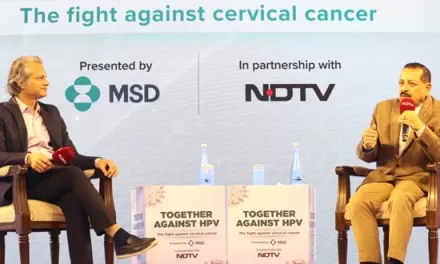Jerusalem – A new study from the Hebrew University has unveiled a fascinating phenomenon: we tend to see our loved ones as mirroring our own values, even when the evidence suggests otherwise. This “projection bias,” as researchers call it, can significantly impact our relationships, leading to misunderstandings and miscommunications.
The study, published in the Journal of Personality and Social Psychology, involved over 2,200 participants across four countries. Researchers found that individuals consistently assumed their close relationships – romantic partners, family, and friends – shared their own values, regardless of the actual values held by their loved ones.
This bias, the study suggests, might be stronger in closer relationships, implying that the deeper the connection, the more we tend to see ourselves reflected in our loved ones. While this idealization can foster positivity, it can also hinder genuine understanding and create unrealistic expectations.
“This research highlights just how much our personal values shape not only how we see ourselves but also how we perceive the people we care about the most,” said lead researcher Shir Ginosar Yaari. “Recognizing this bias can help us better understand the roots of our misunderstandings and improve our ability to connect with and appreciate the differences in our closest relationships.”
The study has significant implications for various aspects of life, from family dynamics and romantic relationships to social interactions and even professional settings. By acknowledging this inherent bias, individuals can strive for more accurate perceptions of their loved ones, fostering deeper understanding and stronger, more authentic connections.
Disclaimer: This is a simplified news article for general public consumption. The original research paper provides more detailed information and analysis.












